Kaziranga National Park, a UNESCO World Heritage site renowned for its one-horned rhinoceros and diverse ecosystems, is at a critical crossroads. Known for its rich biodiversity and the harmonious coexistence of local communities with nature, Kaziranga's landscape and social fabric are under threat. The Assam government's push to boost tourism by transferring land adjacent to the park to private hospitality industries has sparked significant controversy, raising concerns over the rights of indigenous communities and the ecological future of the region.
The Push for Luxury Tourism
Today marks a significant step in the Assam government's tourism agenda, with the signing of another Memorandum of Understanding (MoU) for a five-star hotel near Kaziranga. This new establishment, backed by the largest partner of the Hired Group of Hotels, involves an investment of ₹100 crore. The Assam Tourism Development Department believes that such initiatives will enhance the local economy and create employment opportunities. However, this vision of development is being challenged by activists and local communities who fear the repercussions of these projects.
Displacement and Dispossession
Kaziranga is home to a diverse array of indigenous communities, including the KY population, the Missing community, and others who have lived in the region for generations. Political activist Pranab Dole, who has long been involved in human rights issues around Kaziranga, describes the current situation as a "land grab" reminiscent of a "Gold Rush." The race for land near the national park has led to the displacement of several communities, with 45 families from the Adivasi community already forced to vacate their land to make way for the new hotel.
The recent demolition of Loo Gala's home on June 7th, 2024, is a stark example of this trend. The authorities handed over nearly 10 acres of land to the Assam Tourism Development Corporation, disregarding the rights and livelihoods of the local inhabitants. Government officials, such as the Assistant Deputy Commissioner of Goa Ga District, argue that the land had been classified as KAS (Khas) land, which is under the government's control. However, locals have been paying annual revenue on this land for generations, and their tenancy records are well-documented.
Legal and Environmental Concerns
The legal status of the land remains a contentious issue. Senior Advocate Shantanu Bakul argues that the land is not "ceiling surplus" and that the rights of local cultivators must be recognized. The current land acquisition process, according to Bakul, is flawed and potentially illegal, as it lacks the required impact assessments and has not properly identified which portions of land are under dispute. The Assam government's failure to follow due process, including demarcating land and compensating affected communities, has led to accusations of illegal land grabbing.
Beyond legal issues, the environmental impact of these developments cannot be overlooked. Kaziranga's landscape is already under pressure from existing large hotels and resorts, many of which have been built within wildlife corridors. The expansion of the hospitality industry threatens to further disrupt these corridors, which are crucial for the movement of animals, especially during seasonal migrations. Moina Akar, a representative of the Kaziranga Wildlife Society, warns that the construction of large hotels and resorts is changing the landscape and obstructing the migratory pathways of animals, which could have devastating consequences for the region's biodiversity.
The Battle for Kaziranga's Soul
The ongoing developments in Kaziranga highlight a broader struggle between conservation and commercialization. The local communities, who have coexisted with the park's wildlife for generations, are now being pushed to the margins, both literally and figuratively. The government's aggressive tourism agenda is seen by many as a move that benefits only the wealthy and powerful, while the local people are left to bear the brunt of its negative impacts.
Resistance is growing as communities, activists, and environmentalists unite to protect Kaziranga from what they see as unsustainable and inequitable development. They argue that true development should not come at the cost of displacing people and destroying the environment. The future of Kaziranga hangs in the balance, and the decisions made today will determine whether this unique landscape remains a sanctuary for both wildlife and the communities that have long called it home, or if it becomes yet another playground for the rich, leaving a trail of displacement and ecological destruction in its wake.
In a world where conservation and sustainable development are increasingly recognized as essential, Kaziranga stands as a test case. Will the rights of indigenous communities and the preservation of biodiversity be upheld, or will they be sacrificed on the altar of profit? The answers to these questions will shape the future not only of Kaziranga but of conservation efforts across the globe.
- 579024 reads

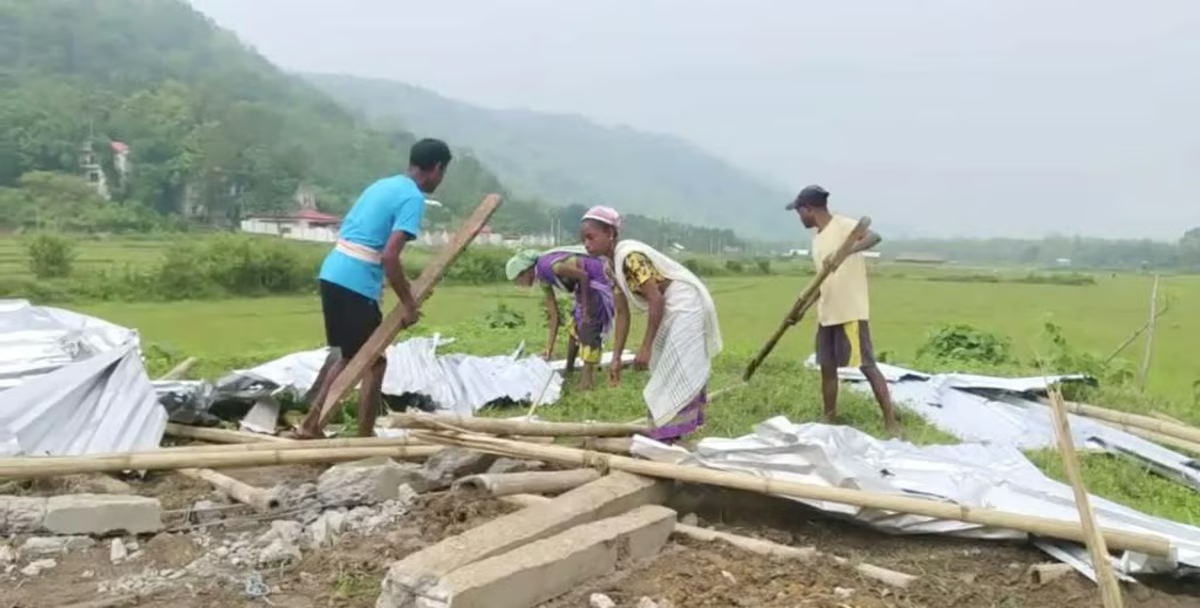


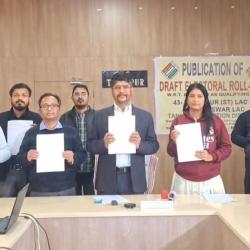
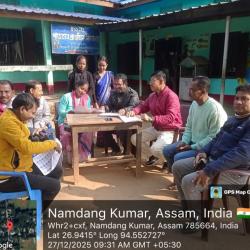
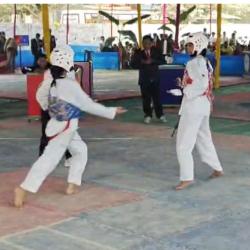
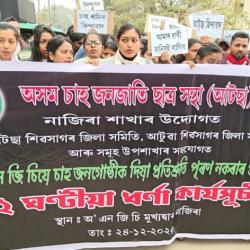
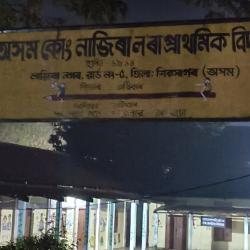

Add new comment